In the United States military, Tier 1 units are frequently referred to as Special Mission Units (SMU). They are a classification of Special Operations Forces, known for their involvement in high-profile military operations such as the killing of Osama bin Laden (Operation Neptune Spear).
Introduction
These elite units often referred to as Tier One, are highly secretive and operated by invitation only. They fall under the ultra-secret Joint Special Operations Command (JSOC), a unit within USSOCOM. These units are considered the top of the top regarding expertise and capabilities. They occasionally collaborate with the CIA’s Special Activities Center (SAC) in teams known as Special Operations Groups when complete political deniability is necessary for clandestine missions.
Tier 1 units in the U.S. military
In the United States military, there are only four officially acknowledged Tier 1 Special Mission Units:
- DELTA Force (1st Special Forces Operational Detachment – Delta) – U.S. Army
- SEAL Team 6 (Naval Special Warfare Development Group, DEVGRU) – U.S. Navy
- 24th Special Tactics Squadron – U.S. Air Force
- Intelligence Support Activity (ISA) – CIA
Delta Force
Delta Force, officially known as 1st Special Forces Operational Detachment-Delta (1st SFOD-D), is a specialized unit of the United States Joint Special Operations Command (JSOC) based at Fort Bragg, North Carolina. It is also referred to as the Combat Applications Group (CAG). Founded in 1977, it is among the most secretive military operations units in the United States, falling under the U.S. Army branch.
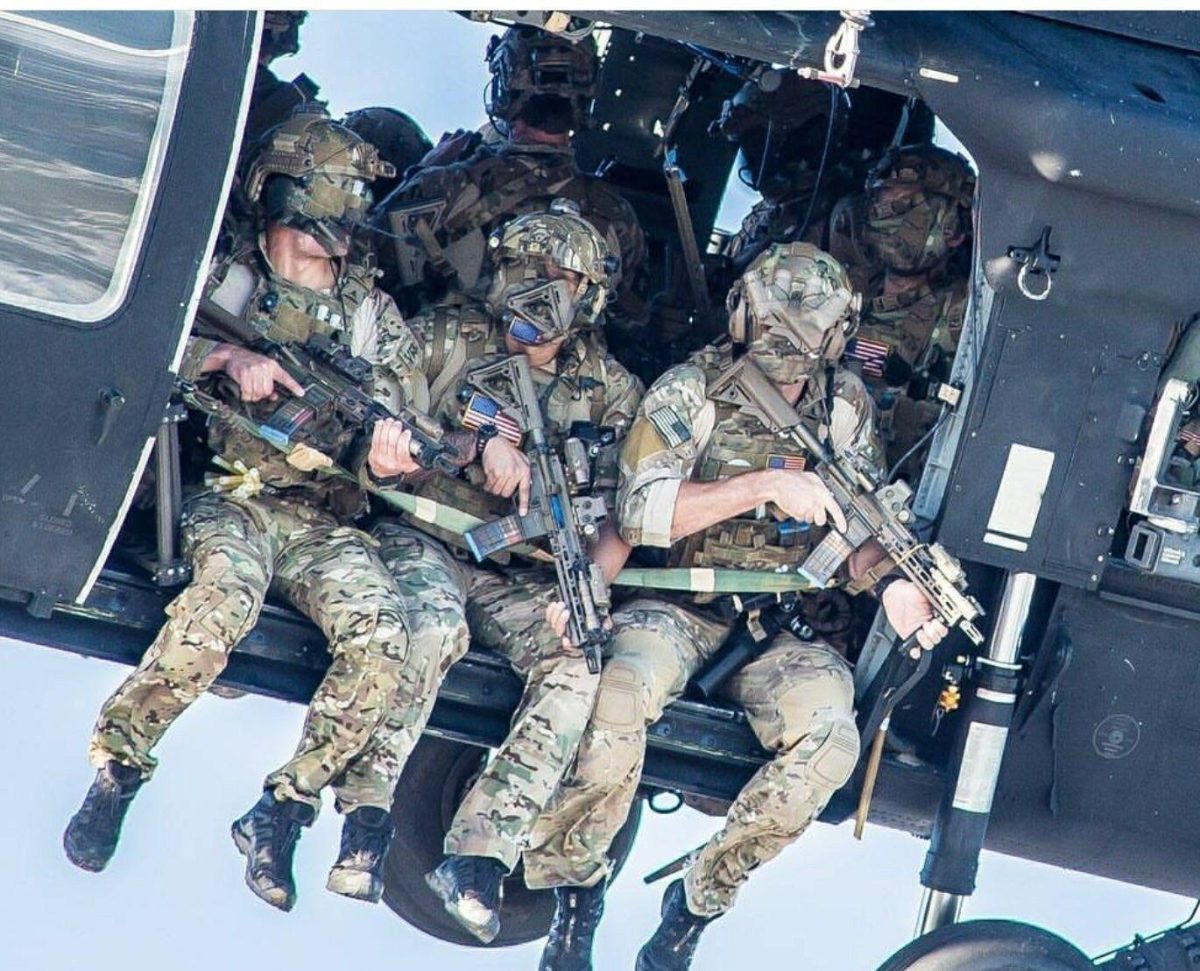
DEVGRU
The United States Navy’s equivalent to Delta Force is DEVGRU, also known as SEAL Team 6. Its personnel is drawn from the NAVSPECWARCOM SEAL teams. DEVGRU is a unit of the Joint Special Operations Command (JSOC) comprising maritime counter-terrorism specialists trained to rescue hostages from ships and oil rigs, combat pirates, and assault and exploit High-Value Targets (HVT) for inclusion in the High Payoff Target List (HPT).
24th Special Tactics Squadron
The 24th Special Tactics Squadron is one of the elite Special Tactics units of the United States Air Force Special Operations Command (AFSOC). It is the United States Air Force component of Joint Special Operations Command and serves as its counterpart to Delta Force and DEVGRU units.
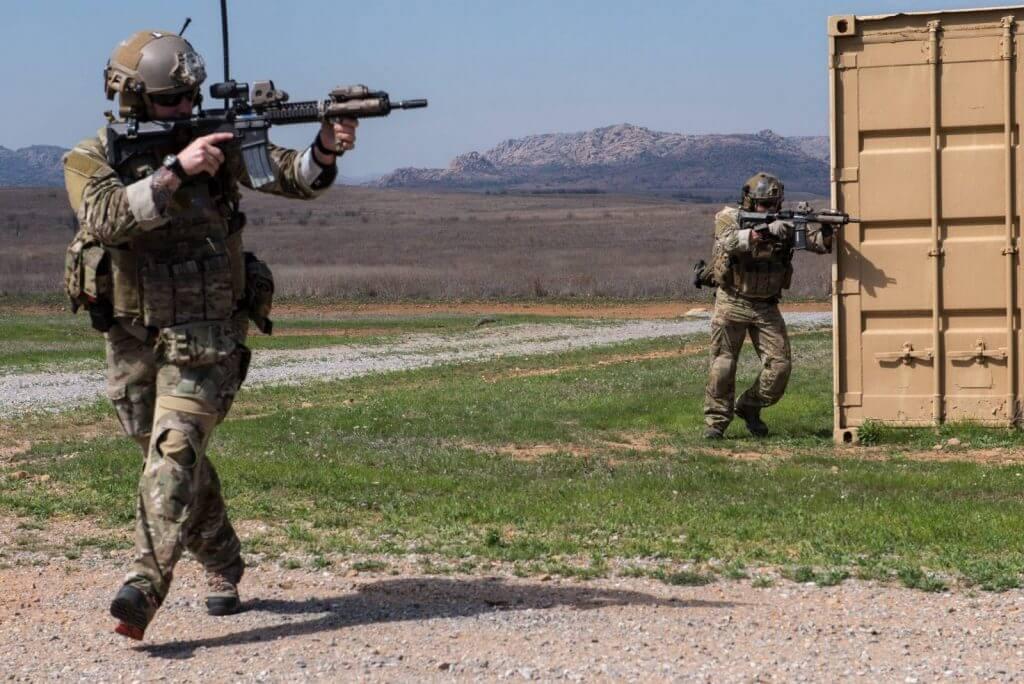
Intelligence Support Activity (ISA)
The United States Army Intelligence Support Activity (USA ISA or US ISA) is a specialized unit of the United States Army Special Operations Command, operating under the Joint Special Operations Command. Its purpose is to gather relevant intelligence in preparation for operations by other U.S. special operations forces, particularly 1st SFOD-D (Delta Force) and DEVGRU (SEAL Team 6), in counter-terrorism operations.
Conclusion
Operators assigned to Tier 1 units are among the elite of special operations forces. Admittance into these units is typically limited to those who have previously served in a Tier 2 unit. For example, an individual must have prior special operations experience to join DEVGRU, unlike regular SEAL Teams, where prior military service is not required.
In Delta Force, while many operators come from reconnaissance or special forces units, it is not a prerequisite. Operators have also come from traditional infantry and non-infantry units. After completing their initial 3-year commitment, the only requirement is to reclass to one of the specialties, such as 11B or 18 series.
Applicants to Tier 1 units will have developed advanced skills, such as marksmanship, explosives, and military strategy tactics, during their service in Tier 2 units. Upon completion of training, a Tier 1 operator will have received advanced psychological training to resist torture and interrogation, as well as evasion tactics training through Survival, Evasion, Resistance, and Escape (SERE) training.
It’s also worth noting that members of Tier 2 units, such as the Army’s 75th Ranger Regiment, Army Special Forces, and 160th SOAR, can be controlled by the Joint Special Operations Command (JSOC) when deployed as part of JSOC Task Forces, such as Task Force 121 and Task Force 145.


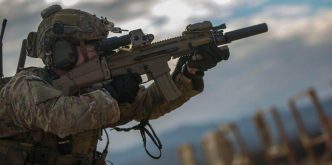
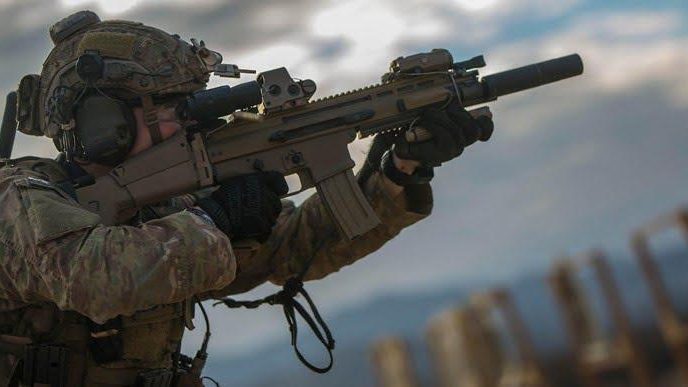
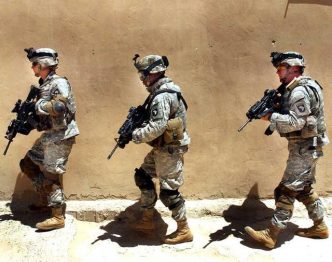
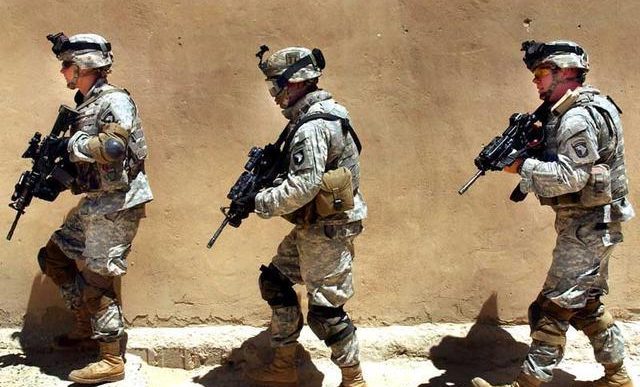
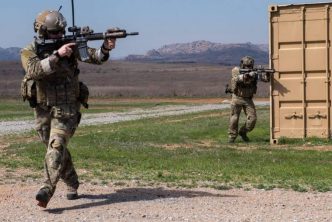
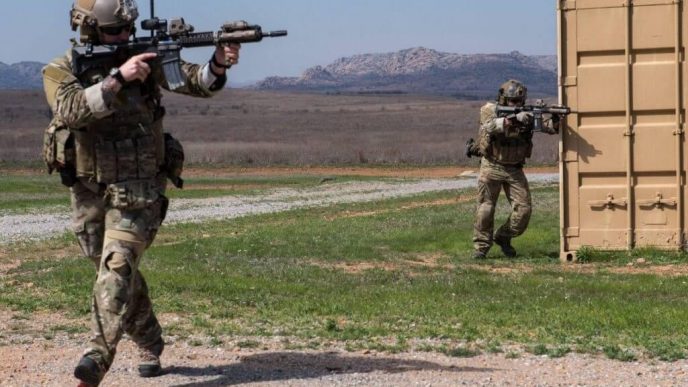
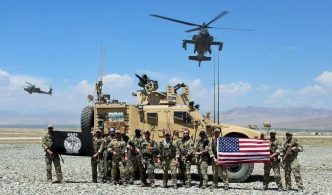
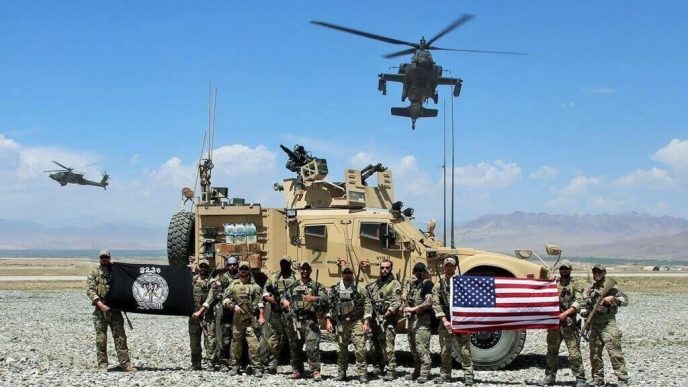
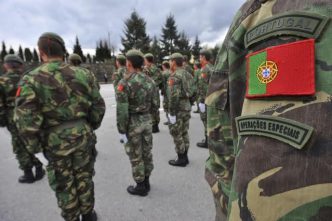
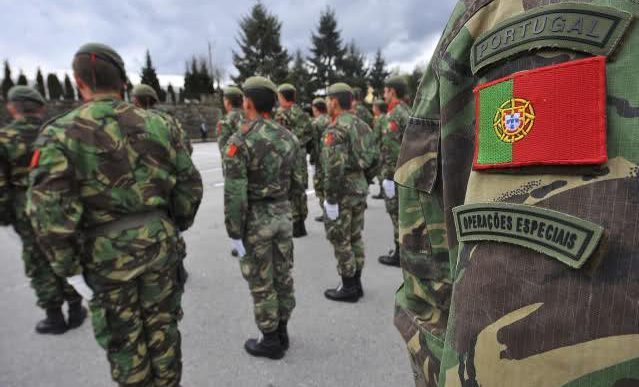
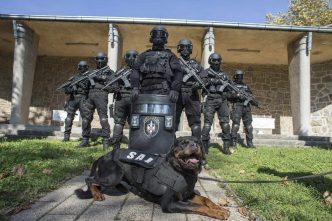
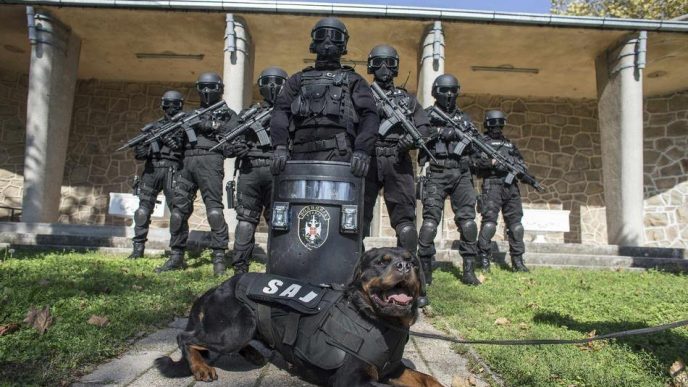
The Joint Special Operations Command also oversees the Special Mission Units of U.S. Special Operations Command. These are elite special operations forces units that perform highly classified activities. So far, only four SMUs have been publicly disclosed:
The Army’s 1st Special Forces Operational Detachment-Delta (Delta Force)
The Navy’s Naval Special Warfare Development Group (DEVGRU / SEAL Team 6)
The Air Force’s 24th Special Tactics Squadron[7] (24 STS)
The Army’s Intelligence Support Activity (ISA)
Additionally, a fifth unit, the Army Ranger’s Regimental Reconnaissance Company (RRC), part of USASOC, has been referred to as a SMU.
I was wondering why Army Rangers were not mentioned.